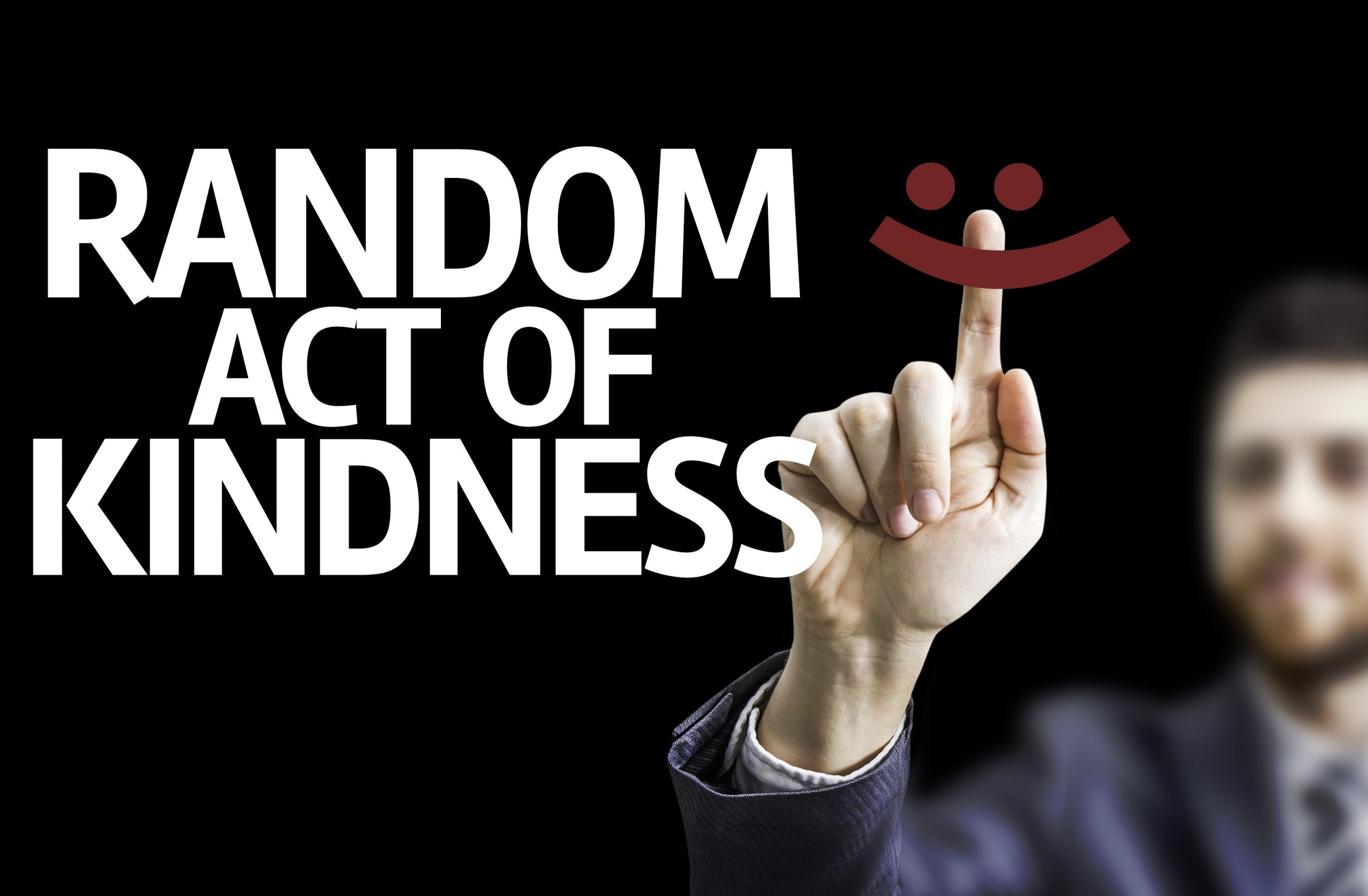If you calmly phone your utility company to have an incorrect fee removed from your monthly bill you will assume that the customer service representative will be helpful, friendly, and courteous with your request.
Let us say you make the same phone call but this time you are in a terrible mood. You are feeling testy, agitated and annoyed at the error. You have been on hold for ten minutes, which does not help. When customer service rep talks to you, he can hear it in your voice. When he speaks, he sounds serious, as if he wants to resolve this quickly. You appreciate the professionalism and service, check this problem off your list , and move on. This customer service rep is skilled at picking up on cues and adapting to them to give fast, hassle free service – which benefits the customer and the company as well. And his high EQ make him promotable and marketable.
What he did exactly is a strategy in relationship management that requires social awareness skills – listening, being present, putting yourself in the shoes of the other person, identifying where someone is emotionally, and choosing and appropriate and complimentary response. This last piece choosing a complimentary response does not require you to match or mirror emotions; it would not make sense for the customer service to rep to use the same impatient approach you did – that would infuriate you as the customer. Mirroring emotions would also make co-workers and friends recoil. The complimentary response always says you recognise what the other person feels and you think it is important. Happyho also provides best Meditation and Tarot classes in Noida and Delhi NCR India area
To practice complimenting emotions in your relationships, think about one or two emotional situations you have experienced where there was not a lot of grey area and there was at least one other person present. How did the other person respond to you? Did his or her response help or hurt your mood? Was the person able to compliment your emotional state? Once you can answer these questions, it is your turn to focus on complimenting other people’s emotions in the situation they face. Give yourself a week or two to be at the ready for the people in your closest relationships – the people at work or home. Tell yourself your role is to notice their moods and to be there for your co-workers and family members in a helpful way. Whether you are excited or concerned for them, you will show that you are sensitive and care about what they are going through.





